Jan 2, 2025
Facts vs Fiction: Understanding Tragedy and Learning
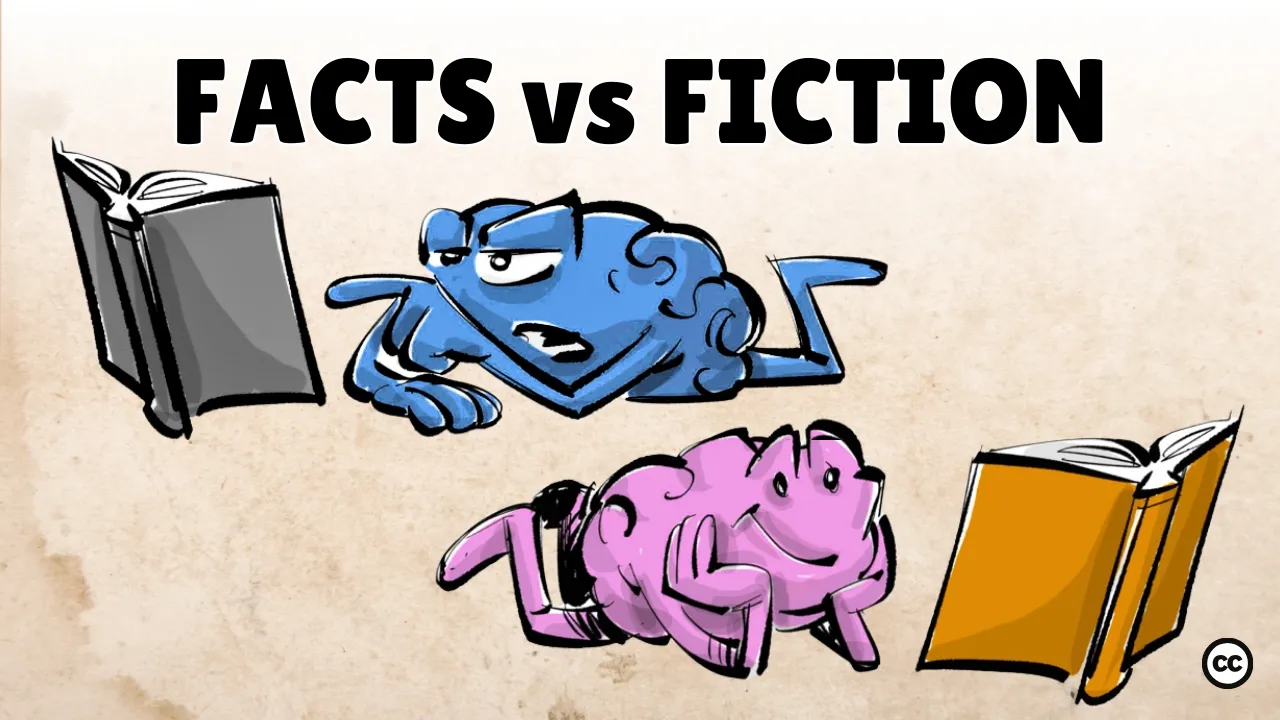
Introduction
Just like titles in a bookshop are divided into fiction and non-fiction, we can communicate along a spectrum ranging from colorful storytelling to stating plain facts. When fiction and nonfiction speak to us, they serve opposing purposes. To understand this difference, let's examine the definition, and then a famous example of a classic tragedy.
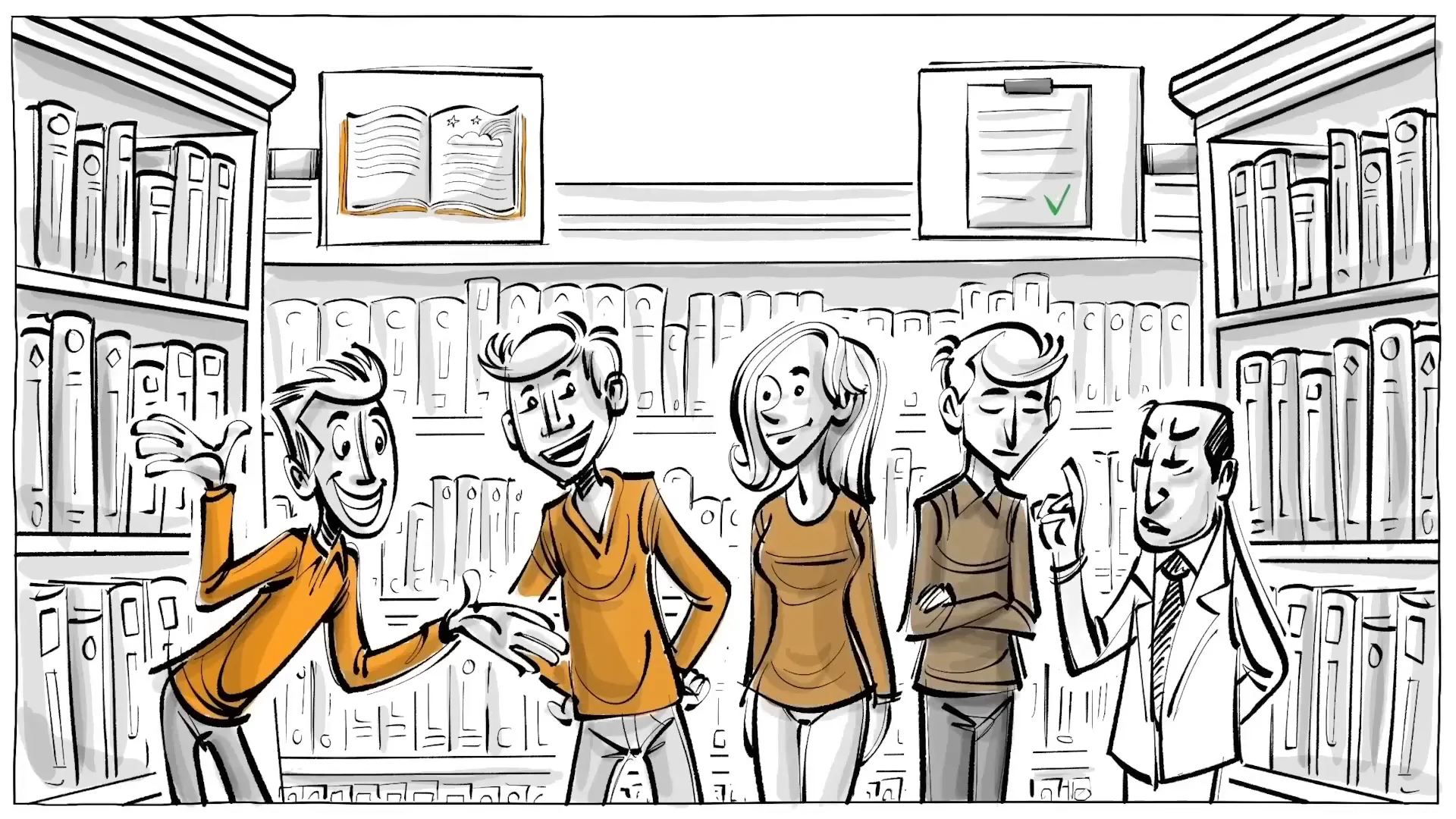
Tragedy definition
The Tragedy is a type of dramatic work in which the main character experiences a downfall due to circumstances that are beyond their control. Traditionally, the intention of tragedy is to invoke an accompanying catharsis - a "pain that awakens pleasure".
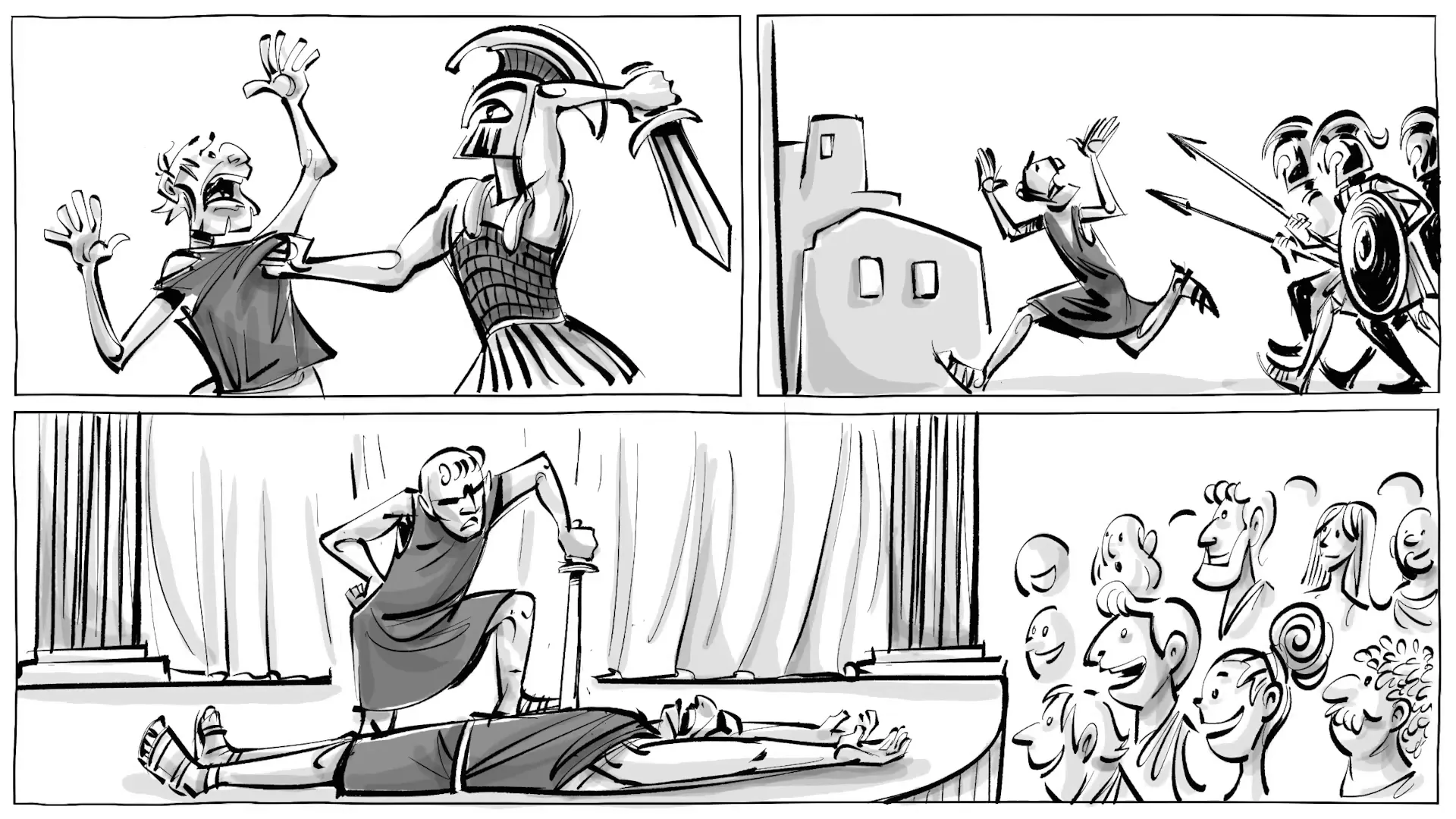
Oedipus story
Now the fiction! Once upon a time a boy was born to the king and queen of Thebes. The boy's name was Oedipus. Soon after his birth, a prophet warned the king that the boy would grow up to kill his father and marry his mother. To avoid this catastrophe, the king ordered one of his servants to kill the baby. But the servant couldn’t do it and left the innocent child with a shepherd.
The shepherd brought the boy to the king of Corinth, who raised him as his own. When Oedipus grew to be a man, a prophet told him his destiny. Not knowing that he had been adopted, Oedipus left Corinth to run away from his misfortune. On his way to Thebes, he met an old man with his servants. The two got into a fight and Oedipus killed them all.
When Oedipus arrived in Thebes, he encountered the evil Sphinx that menaced the city. After Oedipus solved the Sphinx's riddle, it killed itself. To celebrate this victory, Oedipus was named the new king of Thebes, and given the current queen as his bride - for the former king had mysteriously been killed.
Years later, after they had four children, plagues began to destroy the city. Oedipus tried to find out the reason for this misfortune when he heard rumors that Thebes would be doomed until the day that the murderer of the former king was punished. Oedipus first tried to find the villain, and then began to understand what had actually happened. When he realized that he had killed his father and made love to his mother, he blinded himself, as he could not bear to see the children he had fathered.
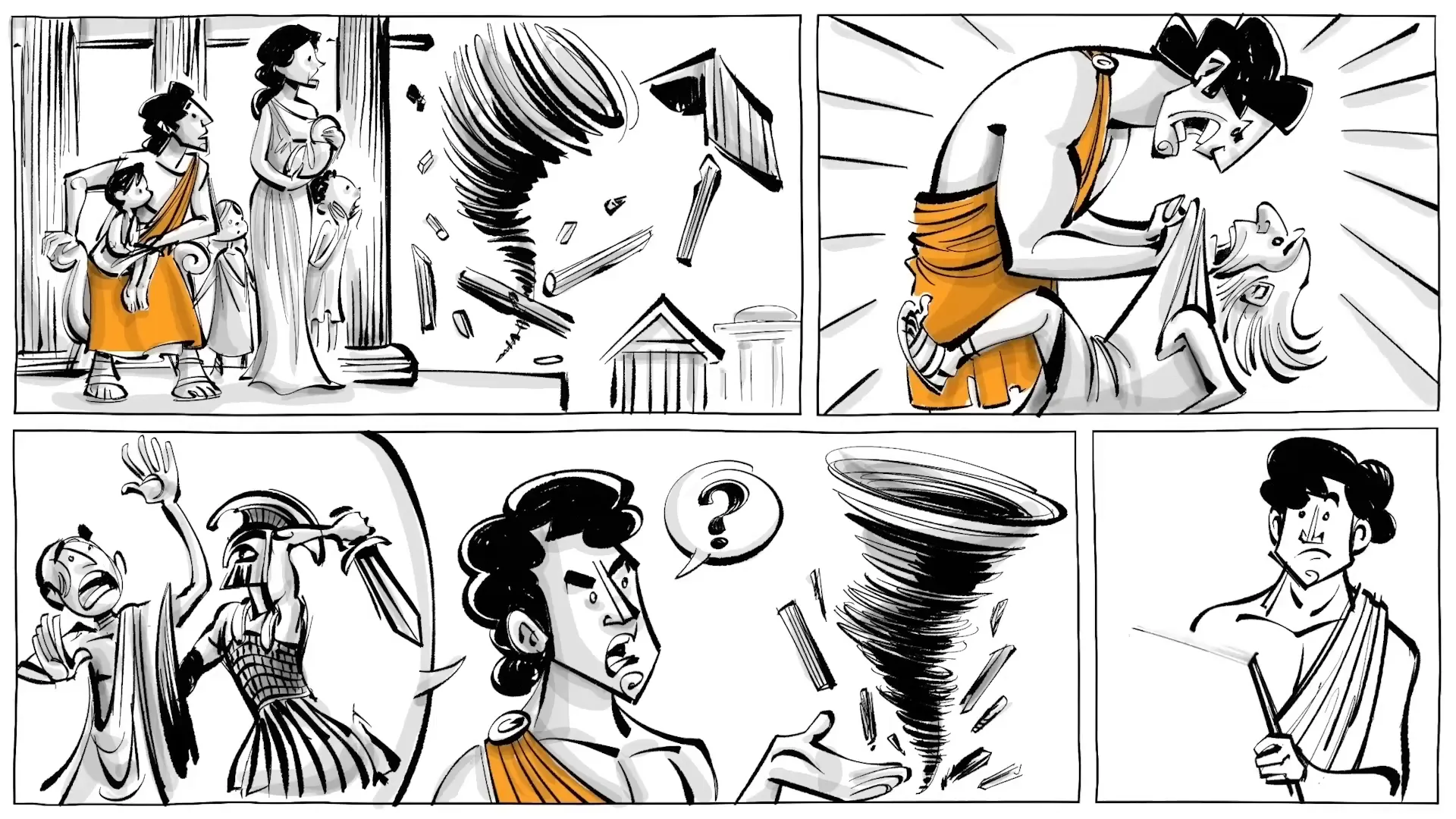
Fact vs Fiction
Now what do you think about the two examples? And how do the two help you understand a tragedy? The story appears real and feels alive. You can experience it, sense it emotionally, see it with your imagination. And because this can be exciting, it is recorded in your brain, changes your mind, and will be remembered for a long time.
But there is a downside. Stories are so powerful, you may start to think they are more common than they are, and you become biased. This effect is also known as "the law of small numbers". Which is why we also need facts.
Facts are abstract, and boring. Reading nonfiction is not exciting, and is hence not easily recorded in your memory. In fact, a mere month after reading an entire book, most of us remember not more than one single idea. And because facts are weak and they compete for attention with stories that are powerful, they hardly ever change your mind.
However, there is one thing they do well. Nonfiction provides our mind a theory, a heuristic, and a framework that allows us to make assumptions, and generalize. Put them on a spectrum and you’ll find:
- High retention vs low retention
- Easy reading vs hard studying
- A subjective perspective vs objectivity
For their polarizing nature, smart educators often combine the two. Just as the quote goes: When one man dies, it's a tragedy, and when a million die, it’s statistics. To better understand the true nature of war, we need to consider both.
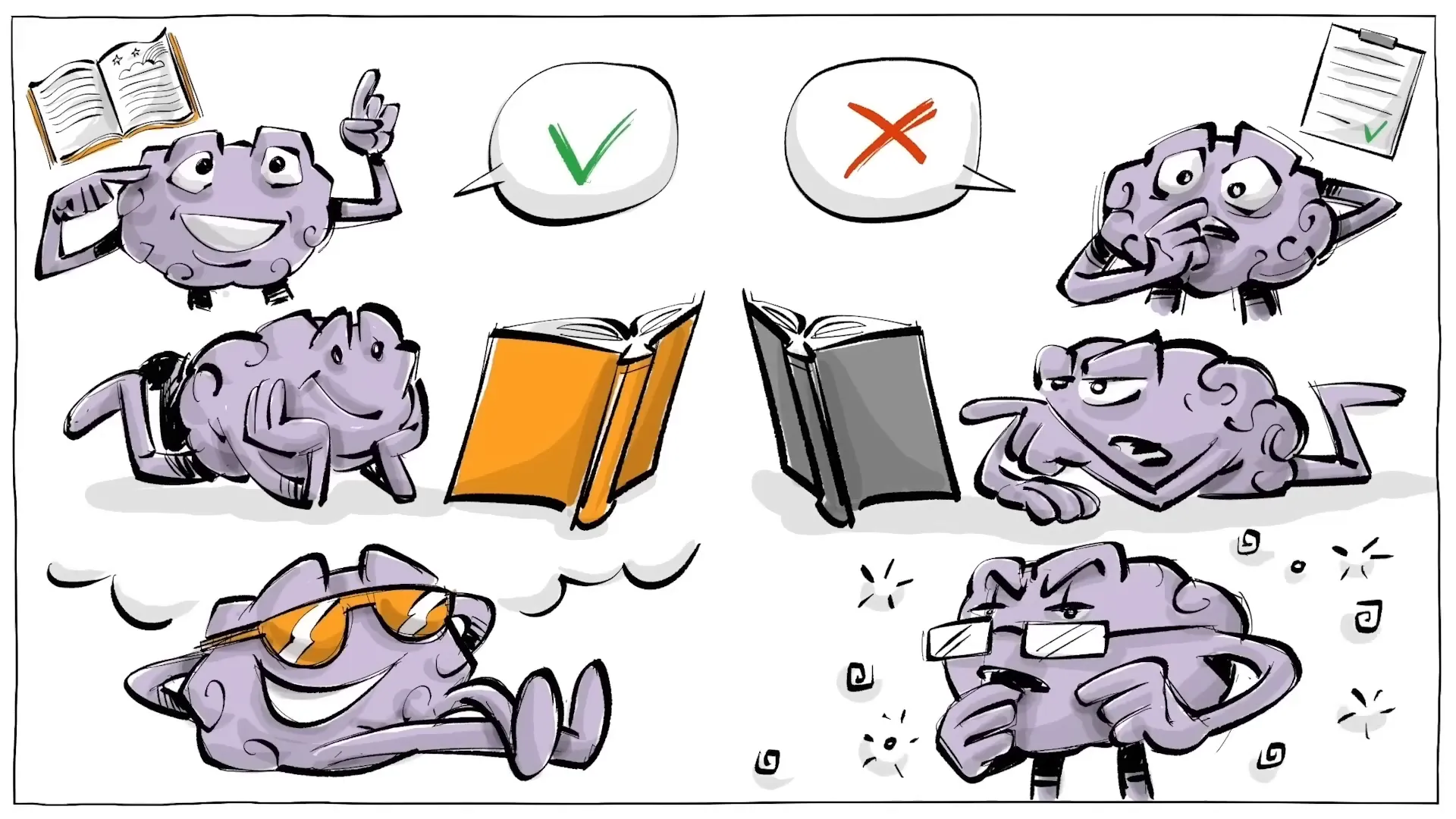
What do you think?
What do you think? What will you learn from this? Possibly a good mix of both worlds? The balance of storytelling and factual understanding is crucial in grasping complex topics.
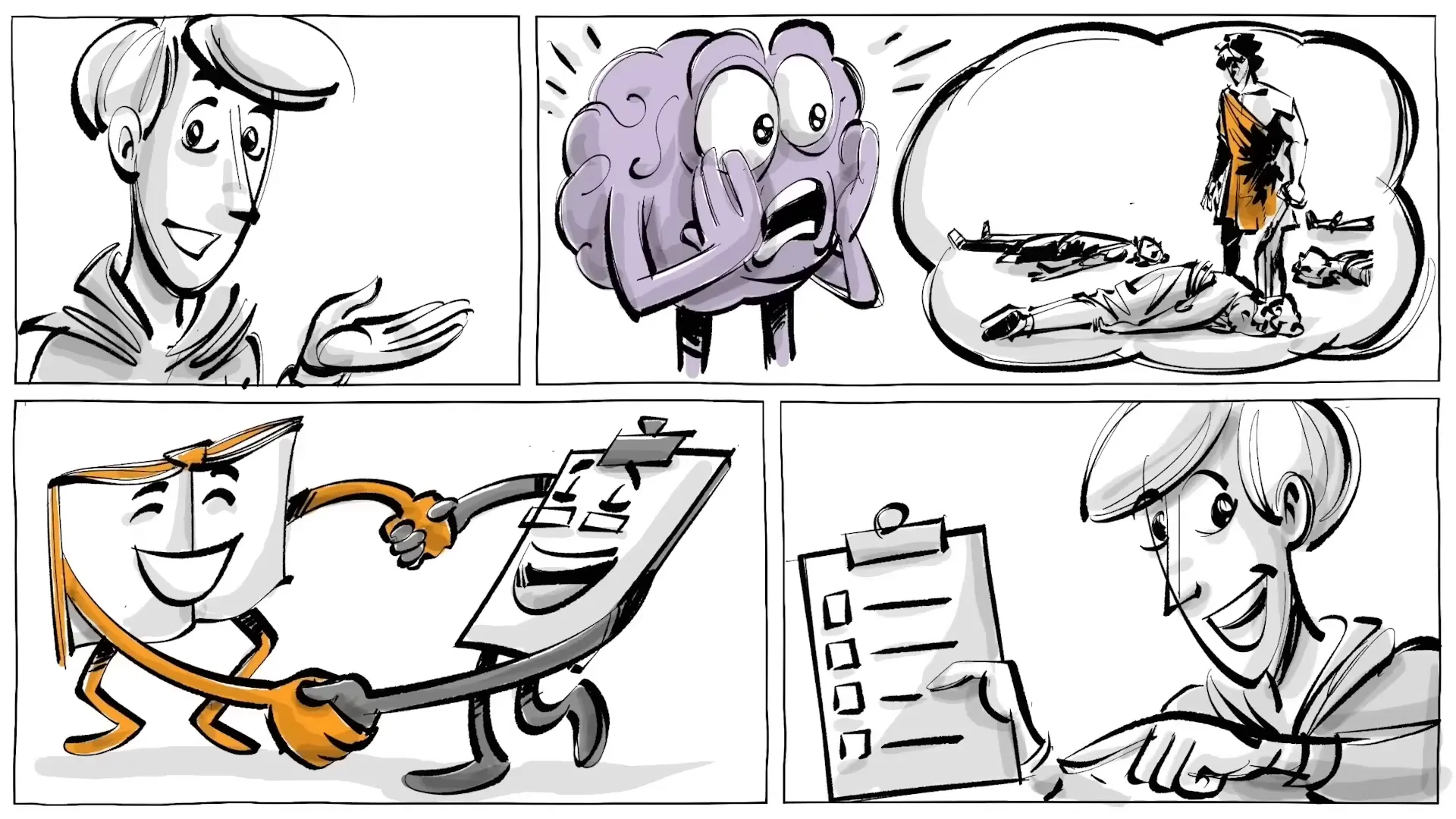
Conclusion
Through this exploration of tragedy and the contrast between fact and fiction, we see how both play vital roles in our learning and understanding of the world. Fiction can evoke emotions and memories, while facts provide the necessary framework for comprehension. The true power lies in the combination of both, allowing for a richer, more nuanced understanding of the complexities we encounter.
This article was created from the video Facts vs Fiction: What is Better for Learning? with the help of AI. It was reviewed and edited by a human.



